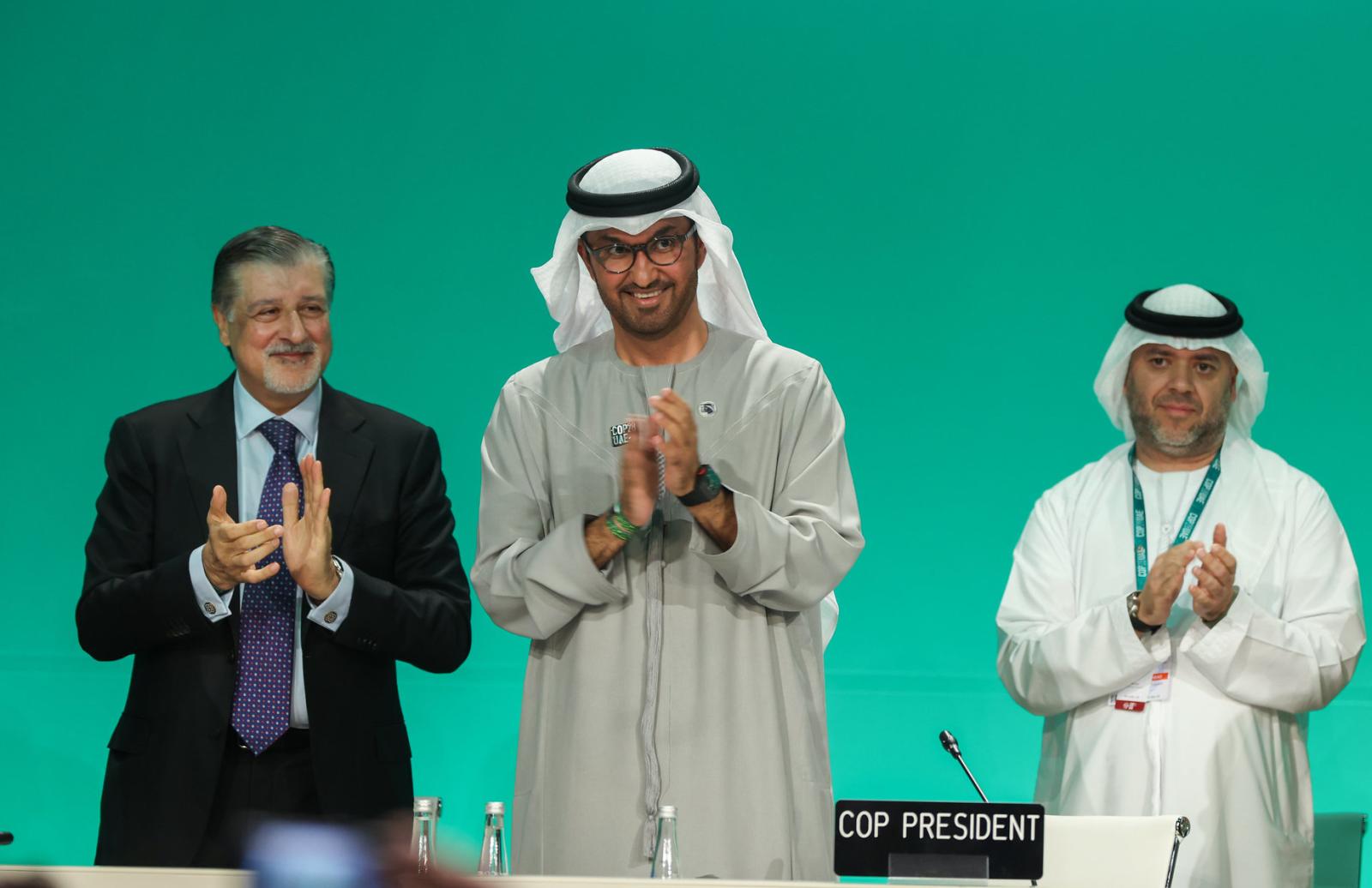The analysis of two climate scientists indicates that the intensive use of irrigation techniques can in some regions temporarily counteract the effects of global warming.
In their research, just published in the Journal of Geophysical Research, Michael Puma (Columbia University) and Benjamin Cook (NASA Goddard Institute) investigated the impact exerted on climate by changes introduced in the last century in irrigation techniques and their more widespread use. It is known in fact that a greater amount of water released into the atmosphere both by evaporation and transpiration of crops, may have an effective chilling effect on the environment countering the effects of global warming.
The analysis shows that, while this influence is small at the global level (about a tenth of a degree), the impact is proving far more significant at the regional level, reaching a levelequivalent to that exercised - obviously in the opposite direction - by greenhouse gas. The most important influence is recorded in the basin of the Indus River, where irrigation can reduce warming by even 3 °C.
In addition,the study suggests that irrigation affects climate also in other ways, such as causing an increase in the level of annual precipitation in regions that are downwind with respect to the most intensively irrigated regions. Finally, there is the suspicion - but more detailed studies are needed for confirmation - that the distribution of monsoon rains may also be affected.

